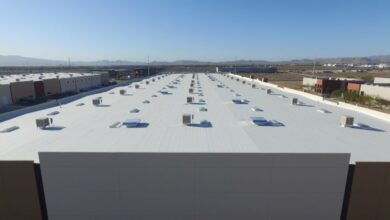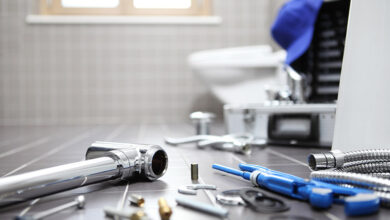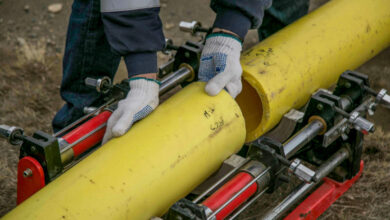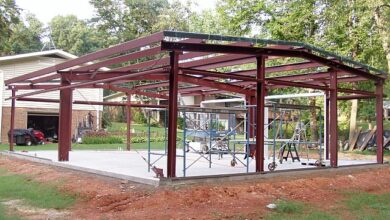Beyond Drips and Drains: The World of Commercial Plumbing Unveiled
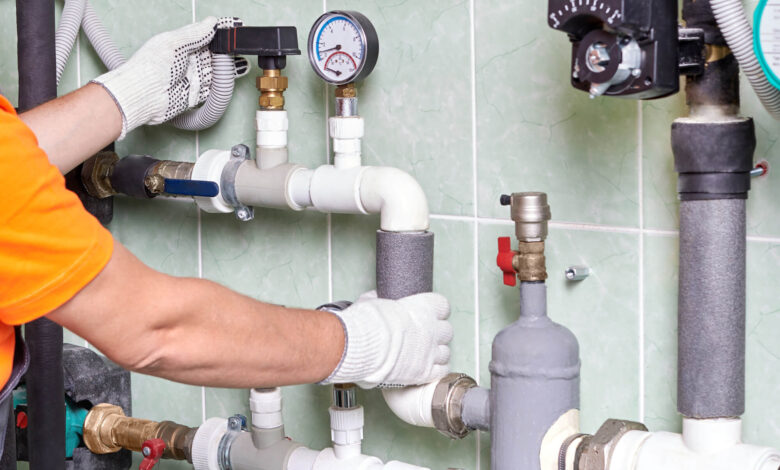
For most people, plumbing brings images of leaky faucets, clogged drains, and toilet repairs to mind. While residential plumbing focuses on these common household issues, commercial plumbing operates on a much larger scale, with far more complex systems and high-stakes demands. Commercial plumbing requires expert skills and in-depth knowledge, from massive boilers to intricate medical gas piping. Let’s go beyond drips and drains to explore the fascinating world of commercial plumbing.
Serving Large-Scale Needs
Commercial plumbing handles the extensive plumbing needs of schools, hospitals, high-rise buildings, factories, stadiums, and other non-residential structures. While a house may have ten faucets and a few toilets, a hotel could have hundreds of sinks, toilets, and showers. An office building requires a complex grid of supply and waste pipes running through multiple floors and wings. Industrial facilities depend on robust plumbing to move high volumes of liquids and gases. The scale of commercial plumbing is immense compared to residential projects.
Specialised Systems and Equipment
To meet these large-scale demands, commercial plumbers utilise heavy-duty systems and equipment. This includes enormous boilers providing heat and hot water, custom climate control systems, centralised wastewater removal, fire suppression sprinklers, and specialised medical gas piping. Advanced filtration, backflow prevention devices, grease traps, and sewage ejector pumps are other technical gear used in commercial settings. Top-of-the-line tools and technology help commercial plumbing pros handle the most giant jobs.
Strict Codes and Safety Standards
With a grander scale comes more significant risk, so commercial plumbing must adhere to strict construction codes and safety standards. Special licenses, training, and certifications are mandatory for working on complex medical, laboratory, food processing, or chemical plant piping systems. Extensive planning, permitting, testing, and inspection procedures are also par for the course with large commercial projects. While residential plumbers can get by with general experience, commercial plumbers require expert-level skills.
Specialist Plumbers for Specialized Fields
Beyond broad commercial work, some plumbers specialise in particular industries or fields. These niche specialisations require deep, focused knowledge and experience.
Medical Gas Systems
Medical gas plumbers install and maintain the piping systems that supply vital gases like oxygen, nitrogen, nitrous oxide and medical air to hospitals and dental clinics. This dangerous job requires certification in medical gas installation. Strict procedures must be followed to prevent deadly cross-connections or contamination.
Industrial Piping
Industrial plumbers deal with the large-bore piping, complex valves and pipe networks used in factories, chemical plants, refineries and other industrial settings. Corrosive substances, high temperatures and extremely high pressures come standard with this work. Rigorous training and top-notch math skills are a must.
Green Plumbing
Some plumbers specialise in environmentally friendly systems, like greywater recycling, solar water heating, biofiltration and rainwater harvesting. With water conservation being a global priority, green plumbers will continue to see demand grow. This field combines plumbing expertise with eco-science.
Behind the Walls
While commercial plumbing’s results are visible, much of the magic happens behind walls, under floors and deep in basements. Miles of piping, intricate pump systems and massive boilers work 24/7 to keep businesses running smoothly. When a commercial building has working plumbing, people expect water to flow, drains to clear, and toilets to flush without a second thought. It takes top-notch planning, equipment and skilled tradespeople to make it happen.
Meticulous Design and Planning
Every commercial plumbing system starts with comprehensive design by engineers and experienced plumbers. They map out the building’s water supply, drainage, venting, and appliance connections. Code compliance, safety factors, water conservation, future expansion and ease of maintenance are all considered. This planning provides an indispensable blueprint for smooth installation.
Major Construction Undertakings
With the plans in place, highly coordinated construction phases follow. Miles of piping are painstakingly put into position and assembled. Fixtures are precisely located and roughed in. Drainage and venting components are strategically installed. Once everything is ready, the final fixtures and appliances are set, gas and water supplies are activated, and extensive testing begins—only flawless execution results in reliable plumbing.
Maintenance Matters
Even the best commercial plumbing system needs maintenance. Preventative upkeep identifies potential problems early. Commercial plumbers use advanced camera systems to inspect pipes and drains. Gaskets, valves, pumps and seals degrade over time, so proactive replacement avoids significant failures. Swift response to plumbing emergencies also keeps businesses operational. Ongoing maintenance is the key to maximum lifespan and performance.
While it lacks the apparent drama of a gushing residential leak, commercial plumbing is just as critical—keeping the engines of industry pumping day after day. The reach of commercial plumbing extends into every corner of human enterprise, even if most people remain blissfully unaware. Next time you flush a public toilet or use a drinking fountain, take a moment to appreciate the hidden labours of commercial plumbing.
